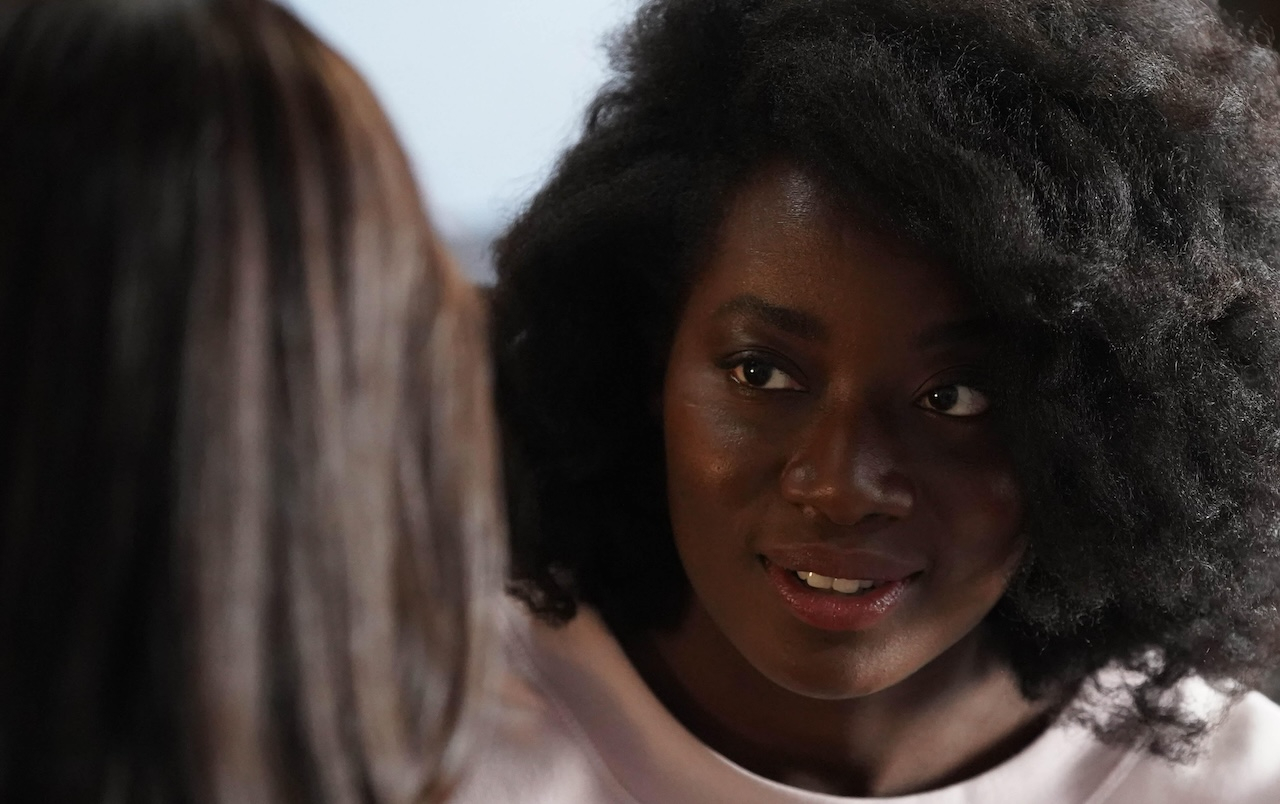Encounters and the world of Christian shows

Christian television programming has undergone a significant transformation, evolving from its origins of delivering simplistic and preachy narratives to embracing more complex and nuanced storytelling. This shift reflects a growing sophistication in how faith-based content addresses the spiritual and ethical dilemmas of modern life. Shows that once might have been limited to didactic sermons are now engaging audiences with richly layered narratives and well-developed characters, making the genre more accessible and relatable. A prime example of this modern shift is Encounters, a show that stands out for its deep exploration of spiritual themes intertwined with the relatable human drama of two university chaplains at Wesley International College. As they navigate their conflicting approaches to ministry and personal challenges, Encounters exemplifies how contemporary Christian shows can resonate with broader audiences by reflecting real-world complexities and diverse viewpoints.
The landscape of christian television
Christian television has a storied past, originating primarily from evangelical movements aiming to use the medium as a tool for outreach and moral instruction. Early staples of this genre typically featured Bible stories or modern-day parables, which were straightforward and aimed squarely at moral education. Shows like The 700 Club and Davey and Goliath exemplify this early phase, often criticised for their overtly preachy tone and lack of subtlety. Over the years, audience expectations have evolved, demanding content that not only inspires spiritually but also provides sophisticated entertainment. Viewers now seek stories that offer more than clear-cut moral messages, favouring those that present complex characters and situations reflective of real-life challenges. This shift marks a significant evolution in the Christian television landscape, where depth and craft are becoming as important as the message itself.
Shifts in narrative and production quality
In recent years, Christian television has witnessed substantial improvements in both narrative complexity and production quality. As the audience for faith-based content has broadened, so too has the effort to produce shows that stand on par with mainstream media offerings. This evolution is evident in series like Encounters, which features high production values typical of contemporary television dramas, including sophisticated cinematography, nuanced scripting, and compelling character development. These enhancements make Christian shows more appealing not only to faith-oriented audiences but also to a secular viewership that appreciates well-crafted television. The integration of complex narratives that tackle tough spiritual and ethical questions without offering easy answers reflects a maturity in storytelling that was seldom seen in earlier Christian programming. This shift not only broadens the appeal of Christian television but also enriches its capacity to engage viewers in meaningful ways.
Encounters
Encounters is set in the contemporary halls of Wesley International College in Frankfurt, Germany, and depicts the lives of two university chaplains, Alex Drexler and Sophia Serrano, who epitomise the struggle between experienced cynicism and youthful optimism. The series breaks from traditional Christian content by focusing on the nuanced and often messy reality of spiritual leadership in a secular environment. As Alex grapples with a personal tragedy that challenges his faith, and Sophia tries to find her footing in her new role, their stories offer viewers a deeply human portrayal of doubt, redemption, and spiritual awakening. This approach has resonated strongly with audiences, providing a template for how Christian shows can remain faithful to spiritual themes while engaging in broader human experiences. Encounters demonstrates a significant departure from one-dimensional portrayals of faith, making it a pioneering example of modern Christian storytelling.
Challenges and opportunities
Christian television faces significant challenges in today’s media landscape, notably in balancing authentic faith messages with compelling storytelling to capture a diverse audience. The genre competes not only with secular content but also within a vast array of faith-based media that can vary widely in quality and appeal. One major challenge is maintaining religious integrity while avoiding the preachiness that can alienate broader audiences. However, these challenges also present unique opportunities for growth. As shows like Encounters demonstrate, there is a considerable appetite for stories that engage with complex theological and ethical dilemmas in accessible ways. This evolving landscape opens the door for Christian television to explore a wider range of topics, such as social justice, mental health, and interfaith relations, potentially attracting viewers from outside the traditional Christian audience and enriching the dialogue around faith in the modern world.
Conclusion
Shows and movies like Encounters can be found on newfaithnetwork.com/en. They are pivotal in shaping the future of Christian television, demonstrating that faith-based programming can transcend traditional boundaries to touch a universal audience. By weaving complex characters and real-world issues into its narrative, Encounters enhances the dialogue around faith, encouraging viewers to explore deep spiritual questions within the framework of contemporary society. This innovative approach not only broadens the scope of Christian media but also enriches the spiritual discourse by offering diverse perspectives on faith and humanity. As the landscape of Christian television continues to evolve, supporting such programming becomes crucial. It invites creators to push creative limits and develop content that resonates broadly, fostering a more inclusive and thoughtful exploration of spirituality in modern media.
The editorial unit























Facebook
Twitter
Instagram
YouTube
RSS